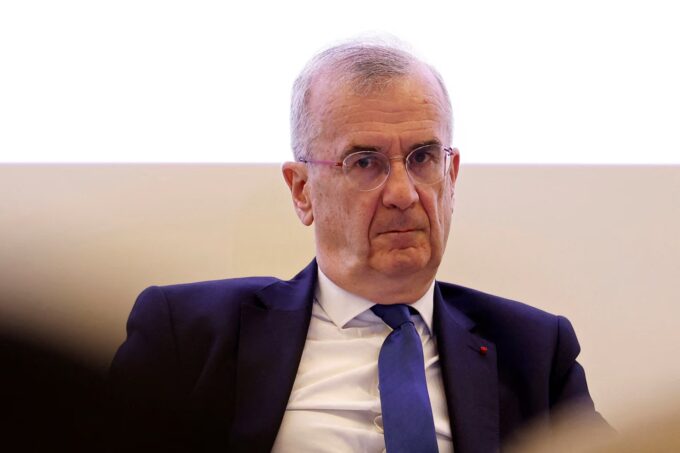The World Bank has downgraded its economic growth forecast for sub-Saharan Africa in 2024, adjusting the projected figure to 3%, down from an earlier estimate of 3.4%. The revision, outlined in the Bank’s Africa’s Pulse report, highlights the economic consequences of the ongoing conflict in Sudan and its ripple effects across the region.
According to the report, the primary reason for the reduced forecast is the collapse of economic activity in Sudan, where an armed conflict has devastated infrastructure, destroyed both physical and human capital, and severely weakened state capacity. As a result, Sudan is grappling with a sharp decline in economic output, worsening food security, and a surge in forced displacement, all of which have contributed to the region’s overall economic slowdown.
“The downgrade is partly explained by the collapse of economic activity in Sudan caused by the armed conflict, which has destroyed physical and human capital as well as state capacity, with adverse impacts on food security and greater forced displacement,” the Africa’s Pulse report noted.
However, the Bank’s outlook for sub-Saharan Africa is less pessimistic when Sudan is excluded from the equation. The report projects that the region, excluding Sudan, could grow at a rate of 3.5% in 2024. This paints a more optimistic picture of the region’s economic prospects, especially as several countries continue to recover from the global economic downturn triggered by the COVID-19 pandemic.
Despite the downgrade, the forecasted 3% growth for the entire region still represents an improvement from the 2.4% growth recorded in 2023. This uptick is expected to be driven by stronger private consumption and investment. Several key factors are contributing to this anticipated growth, including increased consumer spending and a rebound in investment activities across major African economies. Countries like Nigeria, Kenya, and South Africa are seeing renewed investor confidence, as reforms and infrastructure projects provide a foundation for sustainable economic growth.














Leave a comment